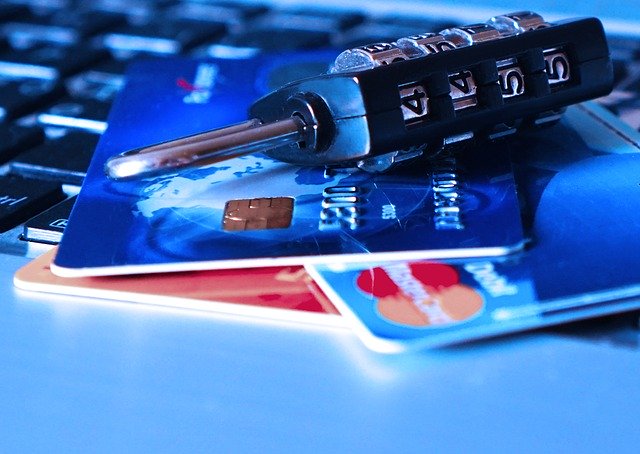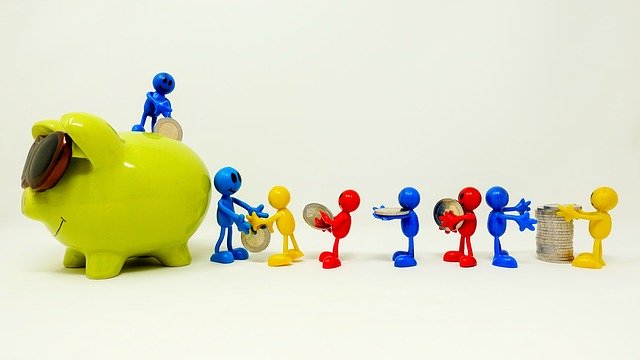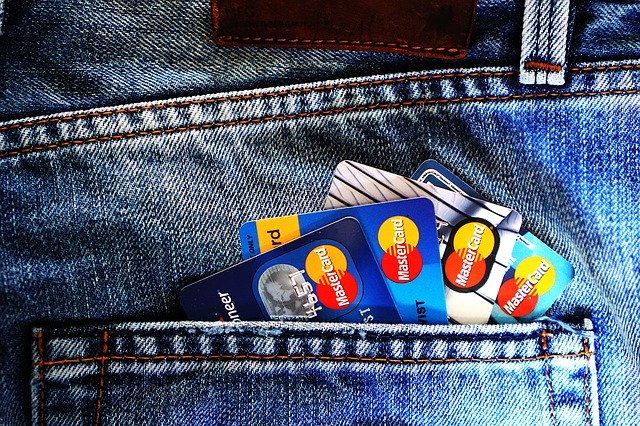At an annual shareholder meeting for his holding company, Berkshire Hathaway, storied billionaire investor Warren Buffett recalled a story about a woman who sought him out for financial advice. She had recently come into money, and wanted to know what she should do with it (admittedly, an enviable problem to have!).
Buffett’s response to the woman reflected a question back to her: “What do you owe on your credit card?” She replied that she owed a balance and that her interest rate was close to 18%. Buffett replied: “If I owed any money at 18%, the first thing I’d do … would be to pay it off.” In recounting the story, Buffett admitted to his fellow shareholders that the woman’s reaction indicated his suggestion to pay down the credit card balance “wasn’t what she wanted to hear.”

Take a moment to put yourself in the woman’s shoes. What would you rather hear? “Pay it off,” or, “continue to make purchases on credit, because that’s like free money. Use the new money to buy yourself something nice!”
If you’re human, there’s no question which reaction you’d choose.
Credit Card Debt: Another Pandemic
Recent statistics indicate that a huge percentage of Americans could benefit from taking Buffett’s advice. Credit cards are the most frequently used financial tool, with 60% of consumers (a staggering 170 million, approximately) having one or more cards. And by the end of 2018, the total amount of credit card balances nationwide hit close to $900 billion. Further, Experian reports that on average, consumers owe about $6,200 in credit card debt. Simply stated, consumers don’t seem to understand that the best credit card consolidation options involve, well, not having to use one at all!
What’s worse is that even a global pandemic doesn’t seem to be enough to curb our spending habits. Research is finding that many Americans are sinking even deeper into debt as they work to manage the financial burdens COVID-19 job losses and financial strain have caused. In fact, nearly half of American adults currently carry credit card balances, a number that has increased in the past month. And overall, the number of Americans with credit card debt has jumped from 43% in early March of this year to a staggering 47% as of early May.
Cash: The Ultimate Remedy
Buffett frequently shares his preference for cash purchases to using credit, even though he does hold at least one card. In fact, he recently admitted to using cash “98% of the time,” even when he is dining out. But his preference for cash puts him in a small minority, per a recent PEW Research study that revealed about half of Americans make “some” of their purchases with cash, while nearly a third make zero purchases with cash.
Perhaps we should all take a page from Buffett’s book. After all, his net worth soars above $70 billion, so it is safe to assume that he knows a thing or two about the dangers of overutilizing credit cards.
Here’s the reality: Paying with cash means knowing exactly what you are spending, and when. It naturally imbues consumers with a sense of whether an item is “worth it.”

To illustrate, think back to your childhood. Imagine your parents give you a one-time allowance of $5. The money is yours to spend however you choose. Now, imagine you spot a friend’s makeshift shop where he is selling his used comic books for $3 apiece. You want one, but you also know that today’s the day that the ice cream truck hits your neighborhood, and you really want a Klondike bar (they, too, cost $3). With only $5 to spend, you are faced with a decision: Which do you want more?
When we rely on cash instead of credit cards, the purchasing decisions we make as adults are essentially the same, but on a broader scale. We know that we have a finite amount of funds in our possession, and this amount governs how much we are willing to spend on certain items.
Conversely, in the childhood example, imagine your parents tell you that you may ask them to buy you whatever you want. The only catch is you must pay them back – and not only that, but you must pay them twice what you spent. Without a finite amount of cash in hand, wouldn’t it be so glorious to say “yes” to both the comic book and the Klondike bar? It would – that is, until you realize that you now owe your parents not three, not six, but twelve dollars…an amount that will come straight out of your next few allowances. Admittedly, this will make any future purchases you want to make difficult – unless, that is, you want to sink deeper into debt.
Purchasing items with credit cards works the same way but again, on a broader scale: credit cards create the illusion that you have unlimited (well, up to your credit limit) funds at your disposal, but an unpaid balance with rapidly-increasing interest sings a very different tune.
The Takeaway: Don’t Use Your Credit Limit as A Relief Fund
While it may be tempting to turn to credit when financial trouble befalls you, consider making a difficult short-term decision to preserve your long-term financial stability. Swiping a credit card is a quick fix; choosing to forego unnecessary purchases for the sake of your financial health and wellbeing is a lasting remedy to financial ills.
Granted, there are some situations in which purchases on credit are, arguably, necessary: emergency medical treatment or essential home repairs come to mind. However, for each essential purchase you make, you can undeniably identify several others that are purely discretionary. Was that marked-down home decor item essential? Was the Starbucks drive-through resolving a true emergency?

To build some security in the midst of a pandemic that is throwing millions of Americans’ financial futures into uncertainty, channel some of Warren Buffett’s simple wisdom: If you come into extra money, free yourself financially. And, if you don’t have the money in your bank account, don’t make the purchase.
Make the harder choice now. Your future self will be grateful.
And maybe, just maybe, you will one day find that you are the one sharing sought-after financial advice.
